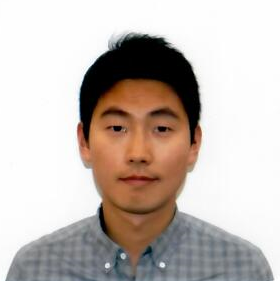
3:00 pm to 4:00 pm
GHC 6501
Abstract: Accurate and efficient scene understanding is a fundamental task in a variety of computer vision applications including autonomous driving, human-machine interaction, and robot navigation. Reducing computational complexity and memory use is important to minimize response time and power consumption for portable devices such as robots and virtual/augmented devices. Also, it is beneficial for vehicles and robots to navigate in actively changing environments and for human-machine interaction devices to communicate without a delay. Moreover, improving accuracy is essential to accomplish given tasks robustly and precisely.
In this talk, I will present learning better features in deep neural networks and random forests. I will introduce the distant-adaptive multiscale (DaM) convolution in a neural network framework, which was proposed to achieve depth invariant feature extraction. I will also describe the unconstrained feature and the process of learning the weights, shapes, and sparsities of a kernel in a random forest framework. Both methods were demonstrated on semantic segmentation tasks. Moreover, I will briefly talk about the low complex neural network that was designed for object detection in an embedded system. Finally, I will discuss potential research topics in scene understanding.
Bio: Byeongkeun Kang is a Ph.D. candidate in the ECE department at UC San Diego, where he is part of Video Processing Lab under the supervision of Professor Truong Q. Nguyen. His research interests are computer vision and human-machine interaction with the focus on scene understanding. He received his M.S. degree from UC San Diego in 2015 and his B.S. degree from Yonsei University in 2013. He was a research intern at Honda Research Institute (Dr. Ashish Tawari) in 2016 and at HP Inc. (Dr. Kar-Han Tan and Dr. Daniel Tretter) in 2015.
Homepage: http://videoprocessing.ucsd.edu/~bkkang/
